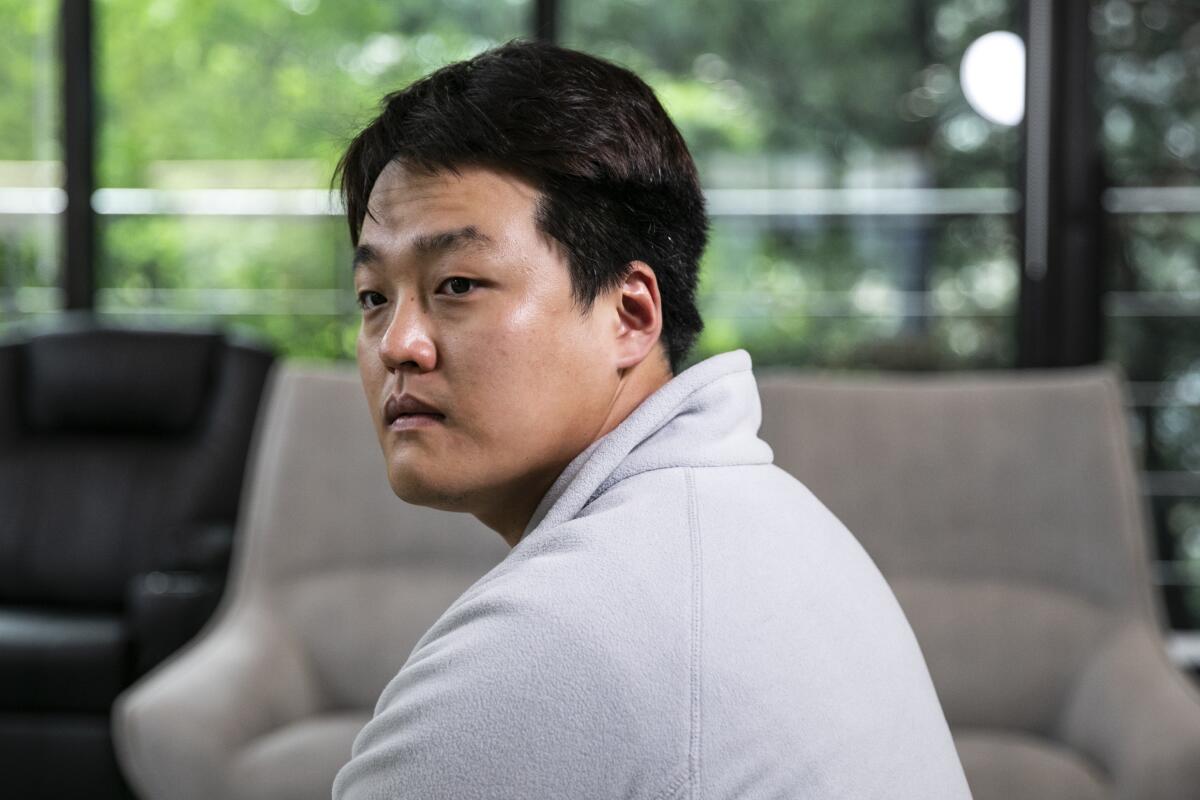The creators and developers of Tornado Cash are facing legal action, but the cryptocurrency community contends that writing code shouldn’t be illegal.
The creators of the defunct cryptocurrency mixing service Tornado Cash, who are accused of money laundering, violating sanctions, and running an illegal money-transmitting enterprise—one of them has already been found guilty and received a jail sentence—have garnered support from the cryptocurrency community.
In response to the detention of developer Alexey Pertsev and co-founder of Tornado Cash Roman Storm, the cryptocurrency community formed JusticeDAO, an advocacy organization dedicated to raising funds for the detained individuals’ legal representation.
Using the decentralized Juicebox platform, the group has raised over 654 Ether ETH$3,546 (worth $2.3 million when posting). The fundraiser’s name is “Free Alexey & Roman.” Through the JusticeDAO page, the fund also raised 70 ETH.

Juicebox made a publicly accessible spreadsheet that tracks the costs of the Free Alexey & Roman fund available. Based on the information, the fund paid $1.39 million in legal fees from December 2023 to May 2024. With an estimated $2.8 million more to be spent over the following five months and an extra $400,000 for expert research and other legal fees, the fund anticipates its total costs for 2024 to come close to $3.35 million.
Vitalik Buterin, Ethereum’s privacy champion and co-founder, has substantially contributed to the fund. He has also written several articles and ideas for improving privacy on Ethereum.
Proponents of cryptocurrency assert that it is legal to develop tools to safeguard financial privacy, such as cryptocurrency mixers. Regulators, however, are not in agreement.
Even with support from the cryptocurrency community, the Tornado Cash founders are charged with major crimes.
Founder of Tornado Cash challenges dismissal.
The U.S. Treasury Department said in 2022 that for about three years, infamous criminals had laundered over $7 billion in cryptocurrency assets via Tornado Cash.
The co-founders of the platform, Storm and Roman Semenov, faced accusations of money laundering and sanctions violations in August 2023, one year later. That same month, Semenov was placed on the sanction list maintained by the Treasury’s Office of Foreign Assets Control, and Storm was taken into custody by the FBI.
Storm is accused of three felonies:
- Conspiracy to operate an unauthorized money-transmitting firm.
- Conspiracy to commit money laundering.
- Conspiracy to violate the International Emergency Economic Powers Act.
He entered a not-guilty plea to every accusation.
Storm’s legal team appealed to have the money laundering allegations dropped, claiming that Storm has no control or authority over sanctioned businesses utilizing the crypto mixer and that the charges are “fatally flawed” and should be dropped.
Storm’s attorneys contended that Tornado Cash was created and made accessible to the general public before authorized hackers could utilize it.
A Dutch court sentenced Tornado Cash developer Pertsev to five years and four months in jail in May 2024 after finding him guilty of money laundering. Pertsev was accused of laundering $1.2 billion in illicit assets on the platform.
The end-user should be cautious of developers.
This case has raised questions about coders’ legal responsibility for the final use of the tools they create.
Josh Garcia is a partner at Ketsal, a law firm specializing in consumer financial services, Web3, and fintech. He feels that while it makes sense to encourage developers to consider the implications of their code, it is too much work for a small team of developers to map out every possible criminal application for their software.
According to Gracia, the ruling of the Dutch court will compel software engineers in the country to remain anonymous or go by a pseudonym rather than run the danger of facing criminal charges.
“Some developers might even give up completely for fear that the United States will adopt the same strategy.” The Dutch method may drive developers who are doxed and wish to continue their work to go underground,” he continued.
Garcia thinks the Dutch strategy could have effects that go beyond blockchain. He questioned whether the CEO of a company that makes 3D printers should be concerned about potential criminal charges if one of its customers prints a gun in a place where it is illegal to own a firearm.
“Many coders will go underground, not just in blockchain but in any industry where there is a possible fear of criminal responsibility if the Dutch mindset transfers over to the U.S., and free speech activists cannot argue code is protected expression under our First Amendment. He stated this would be a significant step backward for the blockchain community.
According to Harvard Law School alum Rebecca Liao, co-founder and CEO of Web3 developer platform Saga, the issue involves more than just writing code.
She said that for an act of writing code to be considered a criminal violation in the United States, one must show that the perpetrator intended to commit a crime.
“In the Tornado Cash case, the prosecution sought to establish that the developers willfully enabled unlawful activity, and the court finally accepted this contention. These court cases generally show that developers need to be on the lookout for potential misuses of their works, put protections in place to avoid legal ramifications, and the companies they work for need to set up procedures to support them, the developer said.
The case of Storm will be crucial for the cryptocurrency sector, particularly for businesses that prioritize anonymity. Legal experts expect that Pertsev’s indictment by a Dutch court will place unprecedented pressure on developers working on similar projects shortly. The trial of Pertsev has already caused waves in the crypto development community.
The founder of the Wright Law Firm, Jamie Wright, said that because of the “perceived threat these technologies pose to financial and regulatory systems,” instances involving technology and criminal intent have historically resulted in harsh sanctions. He stated that whether the courts view Tornado Cash’s acts as “neutral technological advancement or as knowingly enabling illegal activities” will determine the events in the future.



